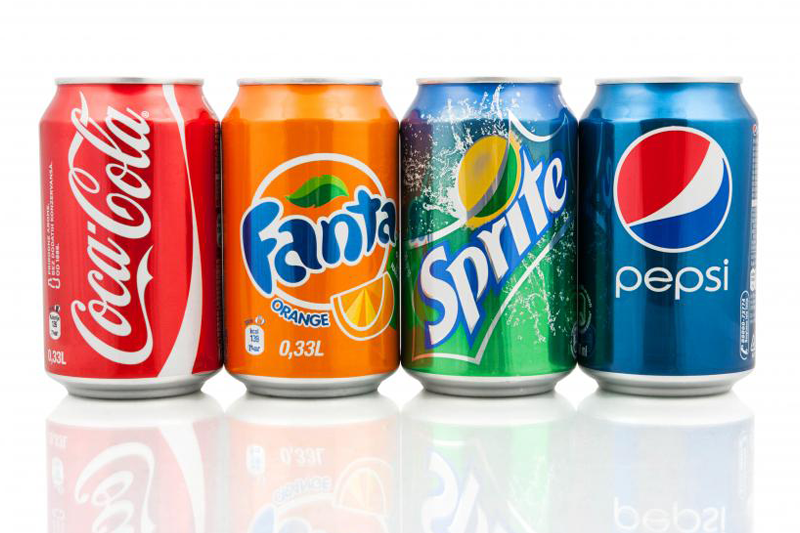
Introduction
Soft drinks are a popular beverage that is consumed by millions of people worldwide. They are refreshing and have a sweet taste that makes them a favorite among people of all ages. However, have you ever wondered why they are called soft drinks? In this article, we will explore the history and origin of the name soft drinks.
The Origin of Soft Drinks
The term soft drink dates back to the 17th century when carbonated beverages were first introduced. Before that, non-alcoholic beverages were referred to as 'small beer' or 'beverages.' The first carbonated drink was created by Joseph Priestley in 1767, who discovered a method of infusing water with carbon dioxide to produce a fizzy drink.

Why Are They Called Soft Drinks?
The term 'soft drink' was coined in the late 19th century to differentiate between alcoholic and non-alcoholic beverages. The word 'soft' was used because these drinks did not contain alcohol, which was considered a 'hard' drink. Soft drinks are often served as an alternative to alcoholic beverages at social gatherings.
Another theory suggests that the term 'soft drink' was used because of the soft, or mild, flavor of these beverages. Unlike other drinks like coffee or tea, soft drinks have a sweet taste that is easy on the palate. The term 'soft' was used to describe this mild flavor.

Types of Soft Drinks
Soft drinks come in a variety of flavors and types. Some of the most popular soft drinks include carbonated beverages like Coca-Cola, Pepsi, and Sprite. Non-carbonated soft drinks include fruit juices, sports drinks, and energy drinks. There are also diet and sugar-free versions of soft drinks for people who are conscious of their health.

Soft Drinks and Health
Soft drinks have come under scrutiny in recent years due to their high sugar content. Excessive consumption of soft drinks has been linked to obesity, type 2 diabetes, and heart disease. Many health organizations recommend limiting the intake of soft drinks and opting for healthier alternatives like water, tea, or fruit juice.

The Future of Soft Drinks
As people become more health-conscious, the demand for healthier soft drink options is increasing. Many companies are now offering low-sugar or sugar-free versions of their soft drinks. Some companies are also experimenting with natural sweeteners like stevia or monk fruit to reduce the sugar content of their drinks.
Another trend in the soft drinks industry is the rise of functional beverages. These are drinks that offer health benefits beyond hydration. Examples include energy drinks, sports drinks, and probiotic beverages. As more people become interested in functional beverages, we can expect to see more innovation in this area.

Conclusion
In conclusion, soft drinks are called 'soft' because they do not contain alcohol and have a mild flavor. They are a popular beverage that comes in a variety of flavors and types. However, excessive consumption of soft drinks can have negative health consequences, and many people are now opting for healthier alternatives. Soft drinks have a long history, and we can expect to see more innovation in this industry in the future.